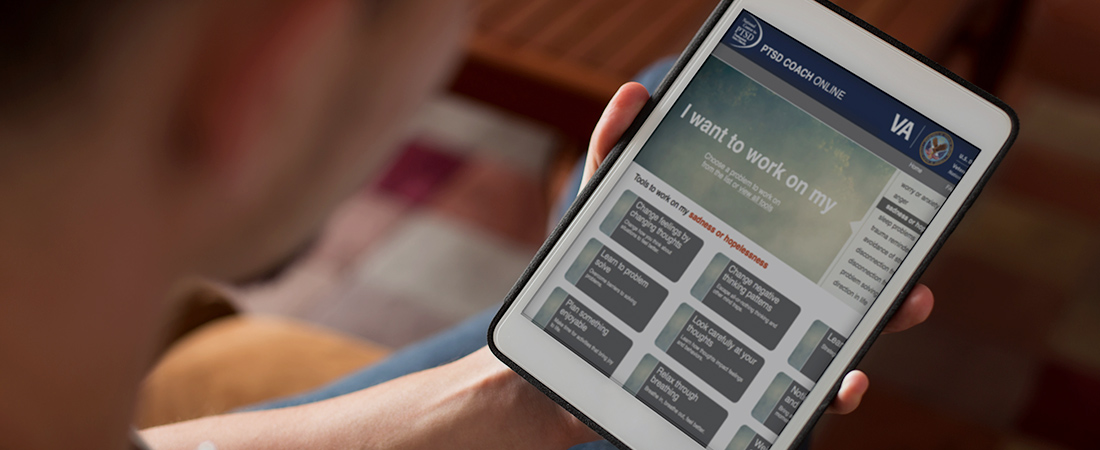
EDC is building digital health tools that can deliver care to those in need anywhere, anytime.
EDC identifies opportunities to promote individual, family, and community health and address disparities. We break down barriers to reach the medically underserved and improve the delivery of coordinated, evidence-based prevention and treatment services. Our programs reach the young and the elderly—and their caregivers—in diverse settings, including clinics, hospitals, schools, Head Start programs and child care centers, community programs, senior centers, and assisted living.
We develop community-level health communications campaigns as well as face-to-face and online training programs for physicians, nurses, mental health counselors, and allied health providers. We design digital health tools for reaching busy professionals and for providing consumers with self-management support.
Learn more: Read "A World Free from Suicide."
Related Content
Addressing Veteran Suicide
Jerry Reed says that a public health approach is needed to prevent suicide among Veterans.
The Voice of Experience
Individuals with lived experience can bring an important perspective to suicide prevention efforts.
Is Social Media Harmful to Students with Disabilities?
A new report on social media finds some benefits, but higher cyberbullying rates.
Addressing the Opioid Crisis through Home Visiting
Home visiting programs are critical to supporting children affected by opioid misuse, says Loraine Lucinski.
Home Visiting Supports Mothers, Infants
Breastfeeding holds a number of health benefits for mothers and infants. So why are rates of the practice so low?
3 Ways Schools Can Support Children Affected by the Opioid Crisis
Schools are uniquely positioned to address the needs of children exposed to trauma, says Shai Fuxman.
Projects
Resources
Here are a few of our resources on behavioral, physical, and mental health. To see more, visit our Resources section.
The revised National Strategy for Suicide Prevention emphasizes the role every American can play in protecting their friends, family members, and colleagues from suicide.
This free workshop kit is designed to help staff in schools, youth-serving organizations, and suicide prevention programs take action to reduce suicidal behavior among lesbian, gay, bisexual, and t
This report spotlights how Lyndon B. Johnson Hospital is using the Elder Mistreatment Emergency Department Toolkit to identify and address elder mistreatment.
This is an invited memo offering an investment case for school health and nutrition programs that was prepared for the Spring 2022 Meeting of the Global Education Forum (GEF).
This EDC brief spotlights the challenges that home visiting programs face in recruiting and retaining staff.
EDC led the development of this comprehensive toolbox during its leadership of the Center of Excellence for Infant and Early Childhood Mental Health Consultation (IECMHC). The toolbox offers a wide array of interactive planning tools, guides, videos, and other resources to support IECMHC efforts in states, tribes, and communities.
Based on a popular smartphone app created by the Department of Veterans Affairs National Center for PTSD, the Web-based PTSD Coach Online offers 17 different evidence-informed tools to help individ
In this action memo, we consider proposals for more effective donor investment in school health and nutrition.
STEPS to Care e-Tools is a set of public health strategies for individuals at the highest risk of dropping out of HIV care.
This brief can help you develop a continuous quality improvement (CQI) plan and communicate it to others in your organization. It explains what the plan should cover and includes a sample outline and template for drafting your plan.
